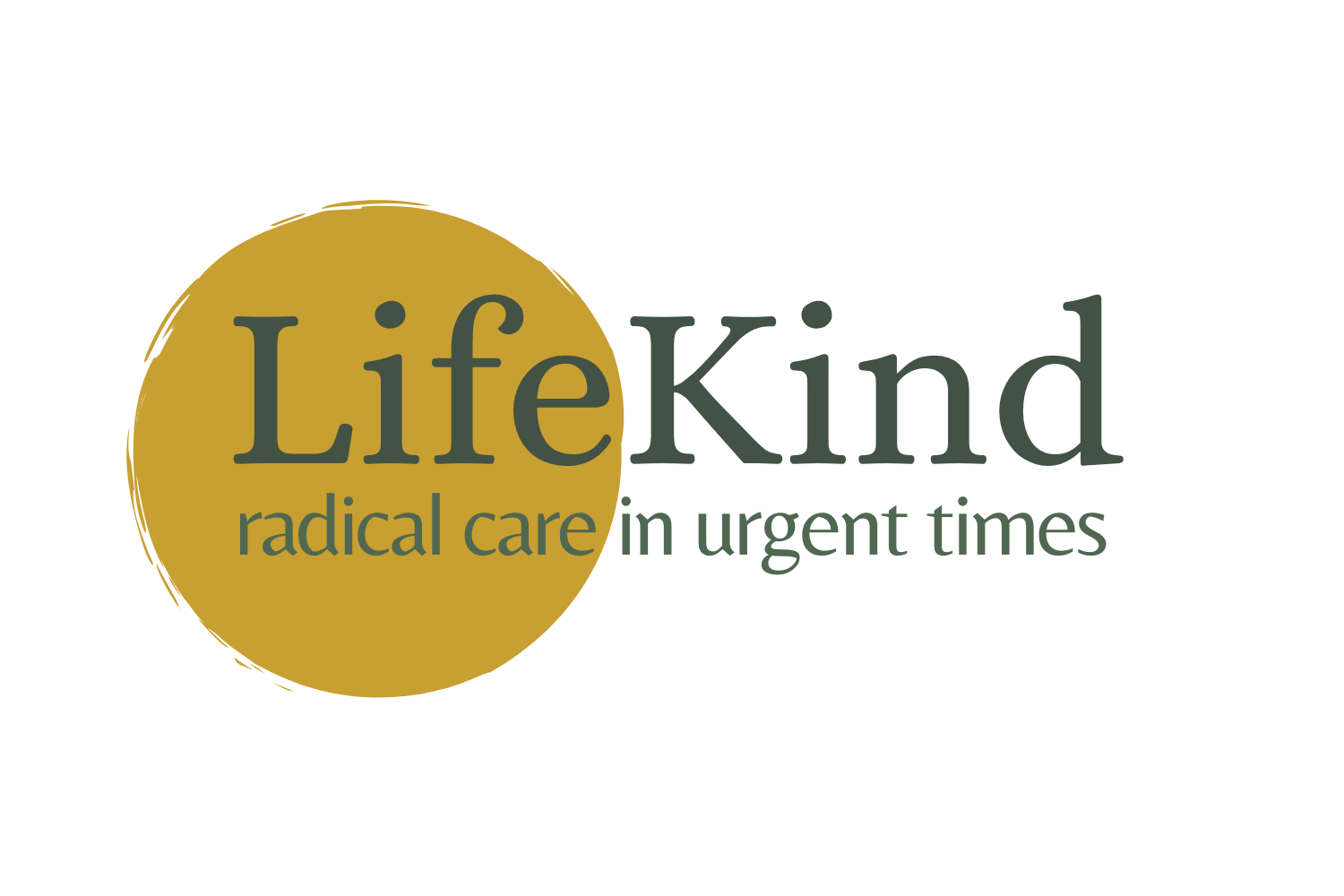The transformative act of listening to young people
Listening sounds so easy. I am regularly staggered by how difficult it actually is. Yet I am convinced it is the one most significant and miraculous thing we can do to turn up to our relationships with young people and be really supportive. If you want to improve your connection with the young people you care about, the most effective place to start is with listening to them.
What do I mean by listening?
That is an important thing to clarify. I don’t mean that sort of listening where you have half an ear open while doing something else but are still able to quote back what the other person has just said in order to prove that you heard them. I mean full attention, interested, friendly and responsive. Active listening is where you understand that you are part of the conversation even if you don’t say anything for a while. It sounds obvious but many of us don’t realise that someone’s ability to think and express themselves depends on the quality of attention they are getting from the other person. Just think back to a time when you found yourself spluttering and uncertain, or just drying up because your ‘listener’ was distracted in some way and not hanging on your every word.
Responsive listening is not just about hearing what a young person says, it is essential in enabling them to say it. In the warm glow of an interested audience, thoughts and feelings become available for expression. Both people are changed by the conversation. It is not just about receiving words, but a whole-body experience of connection that meets our deepest human needs for being seen, heard and welcomed.
When we are listened to with warmth and acceptance and when our listener is able to show us that they have understood and received what we have said, we are able to make sense of our experience. We long to feel accompanied in what we go through and having someone else reflect our reality back to us, just as it is, helps us feel that we are not alone.
The process of good listening involves several important steps:
1. Give your full and warm attention – you are here for this, you want to know.
2. Keep a firm awareness of any desires to jump in and fix things and don’t do it (this is possibly the most difficult bit.) Just listen to understand the other person’s reality, not to change it.
3. Tell them what you have heard them say, especially the emotional flavour of it. Just that, don’t add your opinion or advice. The aim here is to let them know ‘I hear you and welcome you exactly as you are’.
4. Ask if you have understood correctly and is there anything you have missed. Be humble and curious.
There are many things that get in the way of our ability to listen well. It is staggeringly rare in our culture of fixing and dismissing. We have been brought up to focus on behaviour and action, not feeling and wondering. So, if you think you are really good at listening to your child or other young person, ask them if that is true. Most young people have no idea what it is like to be properly listened to by an adult. This is at the heart of the raging mental health crisis amongst the young. We older people can do better and we can make a huge difference. It all starts with listening.


